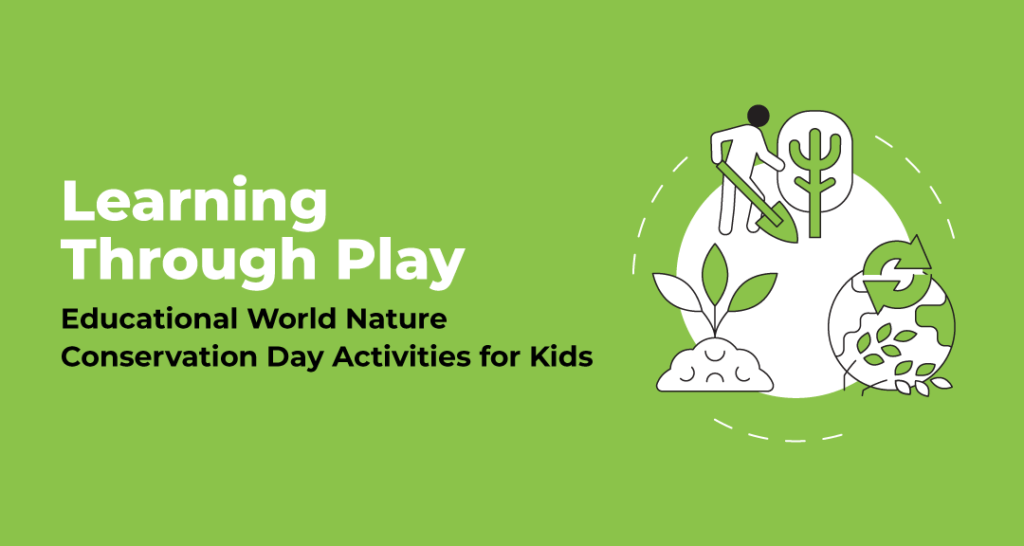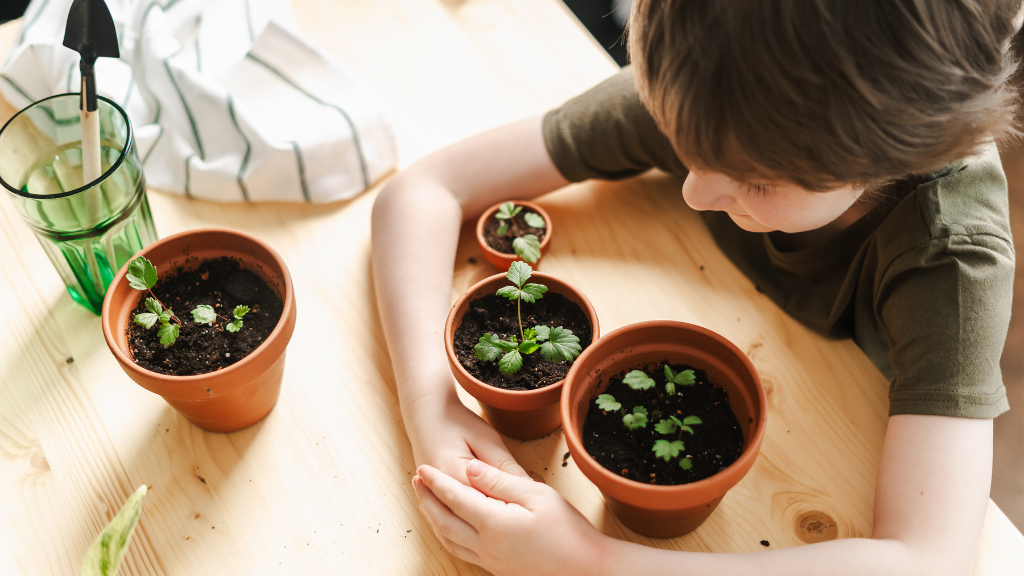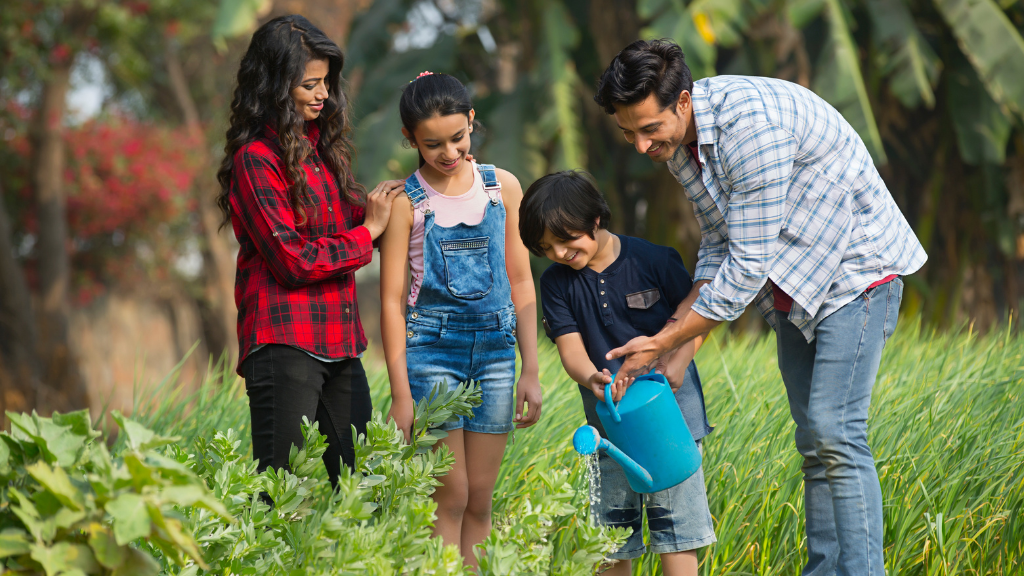Learning Through Play: Educational World Nature Conservation Day Activities for Kids
- Teaching
- July 27, 2024
- Viva VOLT

Every year on July 28th, World Nature Conservation Day reminds us of the vital importance of protecting our planet’s precious resources. As our world faces unprecedented environmental challenges, it’s crucial to instill a love for nature and conservation in the next generation. What better way to do this than through the power of play?
Learning through play isn’t just fun—it’s a powerful educational tool that can shape a child’s understanding of the world and their role in protecting it. By engaging children in hands-on, enjoyable activities, we can nurture their natural curiosity about the environment and inspire them to become lifelong stewards of our planet.
Let’s explore some creative and educational activities that will not only entertain your kids but also teach them valuable lessons about nature conservation.
Learning Through Play: How Playful Activities Grow Little Eco-Warriors
Forget force-feeding facts! When it comes to developing a love for nature in your child, the secret weapon is play. These engaging activities aren’t just fun – they’re essential for building a strong foundation for your child’s development and nurturing a future conservationist.
- Boosts Creativity
Imagine your child turning a fallen log into a magnificent bridge, or pebbles into a hidden treasure. Playful exploration ignites their imagination, encouraging problem-solving and a sense of wonder.
- Works Wonders For Social And Emotional Development
Playing with others teaches children social skills such as sharing, cooperation, and empathy. This translates into a sense of community and responsibility, not just for their friends, but for the environment as a whole.
- Encourages Active Learning And Promotes Physical Health
Many play-based activities naturally get your child up and active. Besides keeping them fit, it also improves their motor skills and coordination. When a child imbibes active learning through play, he develops a lifelong love for learning.
Activities For Preschooler (Ages 3-6)

Here are some engaging learning-through-play activities that will introduce younger children to the wonders of nature and the importance of conservation:
- Nature Treasure Hunt: Organize a fun treasure hunt in a local park where kids can find and collect items like leaves, rocks and flowers. This activity helps them understand and appreciate the diversity of nature while fostering a desire to protect it.
- Recycled Art Projects: Gather paper, plastic bottles and cardboard, and help children create art projects. You can make bird feeders from old boxes or create wildlife sculptures, teaching children about the importance of recycling and reusing items to reduce waste.
- Seed Planting: Provide your child with a small pot, soil and some seeds to plant. Guide them on how to water and care for their plants properly. The joy of watching their seeds grow will instill a sense of responsibility and connection to nature.
Activities For Primary Schoolers (Ages 7-12)

For older children, try these more advanced activities that combine fun with valuable lessons about nature conservation:
- Family Gardening: Involve your child in your gardening efforts. Teach them about composting and other eco-friendly practices. They can plant vegetables, herbs, or flowers, learning about plant life cycles and the importance of sustainable food production.
- Nature Journaling: Encourage children to start/keep a nature journal where they record their observations, such as the plants and animals they see, changes in weather, or seasonal transitions. This activity will sharpen your child’s observational skills and deepen their connection to the natural world.
- Conservation Challenge: Create a family challenge to reduce water usage, energy consumption, or waste production. Have children brainstorm and implement ideas, then track the results. This hands-on approach teaches the practical aspects of conservation.
By incorporating these educational and playful activities into your World Nature Conservation Day celebrations, you’re not just helping your kids have fun—you’re instilling a deep appreciation for the environment. From nature treasure hunts to planting seeds and conducting conservation challenges, they’re learning invaluable lessons about sustainability, creativity, and community responsibility.
As we face growing environmental challenges, it’s more important than ever to nurture the next generation of conservationists. Through these engaging activities, we can inspire children to become passionate protectors of our natural world. So, let’s celebrate World Nature Conservation Day by empowering our children to make a difference, one playful activity at a time!



